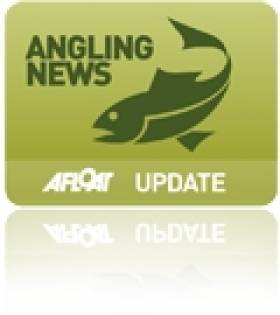Displaying items by tag: River Colligan
#Angling - Inland Fisheries Ireland (IFI) has secured the prosecuted of a Co Waterford man for illegal netting of salmon on the River Colligan in Dungarvan.
Arthur Daly of Dungarvan pleaded guilty to breaches of Sections 94(1), 96(1) and 97(2) of the 1959 Act as amended at a sitting of Dungarvan District Court on Wednesday 26 March.
IFI fisheries officer Jason Moran told Judge Terrance Finn that while on a routine patrol at approximately 9pm on the evening of the 20 August 2013, he and three other fishery officers observed Daly and an accomplice setting two nets in a pool in the river and throwing stones in the pool to drive fish into the nets.
Moran said the fish had no chance to escape as they were trapped between the two nets and were being forced into the nets by the action of Daly throwing stones at the fish.
Daly and his accomplice had already succeeded in netting two salmon which were in Daly's bag.
The court heard that the River Colligan is a very important wild salmon and sea trout river but is only open for catch-and-release angling for salmon in an attempt to conserve the salmon population. Illegal fishing activity, particularly netting activities have potentially devastating consequences for fish stocks.
Judge Finn convicted Daly, imposing fines totalling €2,000 and awarding legal costs of €997.39 and expenses of €597.64 to IFI.





























































